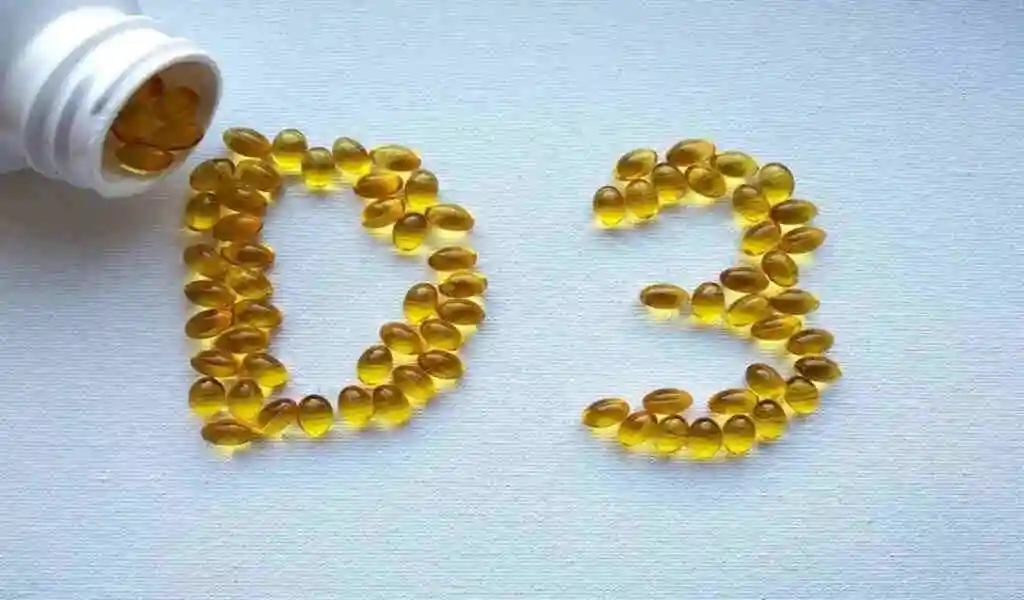(CTN News) – Recent research published in Scientific Reports examined the relationship COVID-19 between vitamin D supplementation and Coronavirus disease 2019 (COVID-19) mortality.
Viral infections can be caused by vitamin D deficiency, which impairs immune function. Multiple studies have demonstrated that vitamin D deficiency increases the risk of severe acute respiratory syndrome Coronavirus 2 infection (SARS-CoV-2). It is unclear whether vitamin D therapy can reduce the risk of infection.
Study Vitamin D description
The present study investigated the relationship between vitamin D2 and D3 supplementation and the risk of COVID-19 infection-related mortality within 30 days through a large-scale pharmacoepidemiologic investigation.
An analysis of retrospective cohort data was conducted to assess the relationship between vitamin D2 and D3 supplementation and SARS-CoV-2 infection and death.
In order to calculate the effectiveness of vitamin D2 and D3 supplements separately, the team matched treated patients with control patients based on their likelihood of consuming both vitamins. The treatment heterogeneity for D3 was also assessed according to race, vitamin D level, and daily and cumulative supplementation dose.
Before and after the pandemic began on March 1, 2020, vitamin D2 or D3 supplementation was the primary exposure. Vitamin D2 and D3 supplements were not administered to the reference group. Multivitamins and combination medications containing vitamin D3 were included in the Corporate Data Warehouse (CDW) electronic health records.
In order to examine variance in the relationship between supplementation therapy and COVID-19 infection, a categorical variable representing distinct 25-dihydroxycholecalciferol thresholds was constructed.
The primary outcome of the study involved laboratory-confirmed SARS-CoV-2 infection as measured by any Medicare claim or VA medical record having the International Classification of Diseases 10th Revision (ICD-10) code U07.1.
COVID-19-associated mortality was also analyzed as a secondary endpoint. The team defined COVID-19-associated mortality as any death occurring within 30 days of infection.
As a result
The groups receiving vitamin D3 supplementation and control participants were comparable when potential confounding variables were matched.
More Black patients were supplemented with vitamin D2 than vitamin D3. Vitamin D3 recipients experienced more comorbid illnesses than vitamin D2 recipients. The infection rates of COVID-19 in the vitamin D3 cohort were 2.66% for the treated and 3.30% for the controls.
In addition, for the treated participants and the control participants, infection rates followed by mortality within 30 days were 0.23% and 0.35%, respectively. The rates of COVID-19 infection that led to mortality within 30 days for patients and controls were 0.20% and 0.26%, respectively.
Vitamin D2 and D3 supplementation during the pandemic reduced the risk of infection by 20% and 28%, respectively. Infections caused by COVID-19 were decreased by 33% when vitamin D3 was supplemented.
A statistically significant difference was not found for vitamin D2. COVID-19 infection rates were lower among Black patients than among Whites compared to controls. As COVID-19 infection risk declined, vitamin D serum concentrations inversely correlated.
Overall, the effect of vitamin D serum level interaction on treatment was substantial, with a 12% increase in hazard ratios.
There was a 25% reduction in COVID-19 risk across the entire spectrum of cumulative dosages, as well as a 27% reduction across average daily dosages. Blood concentrations of vitamin D were inversely related to cumulative dose-response relationships.
Vitamin D2 and vitamin D3 supplementation significantly reduced the risk of COVID-19 infection and death within 30 days, according to the study findings.
Consequently, the researchers believe vitamin D3 supplementation may be a valuable strategy for preventing COVID-19 infection, death, and racial disparities in the disease.
SEE ALSO:
Honey Bee Life Spans Are 50% Shorter Today Than 50 Years Ago






